Is military service really the answer that Rishi Sunak (and Sweden) think it is?
As it’s revealed that Rishi Sunak is considering compulsory military service for all 18 year olds, Lucy Denyer looks at how other European countries foster a sense of ‘national spirit’ among their young and what lessons the UK could learn
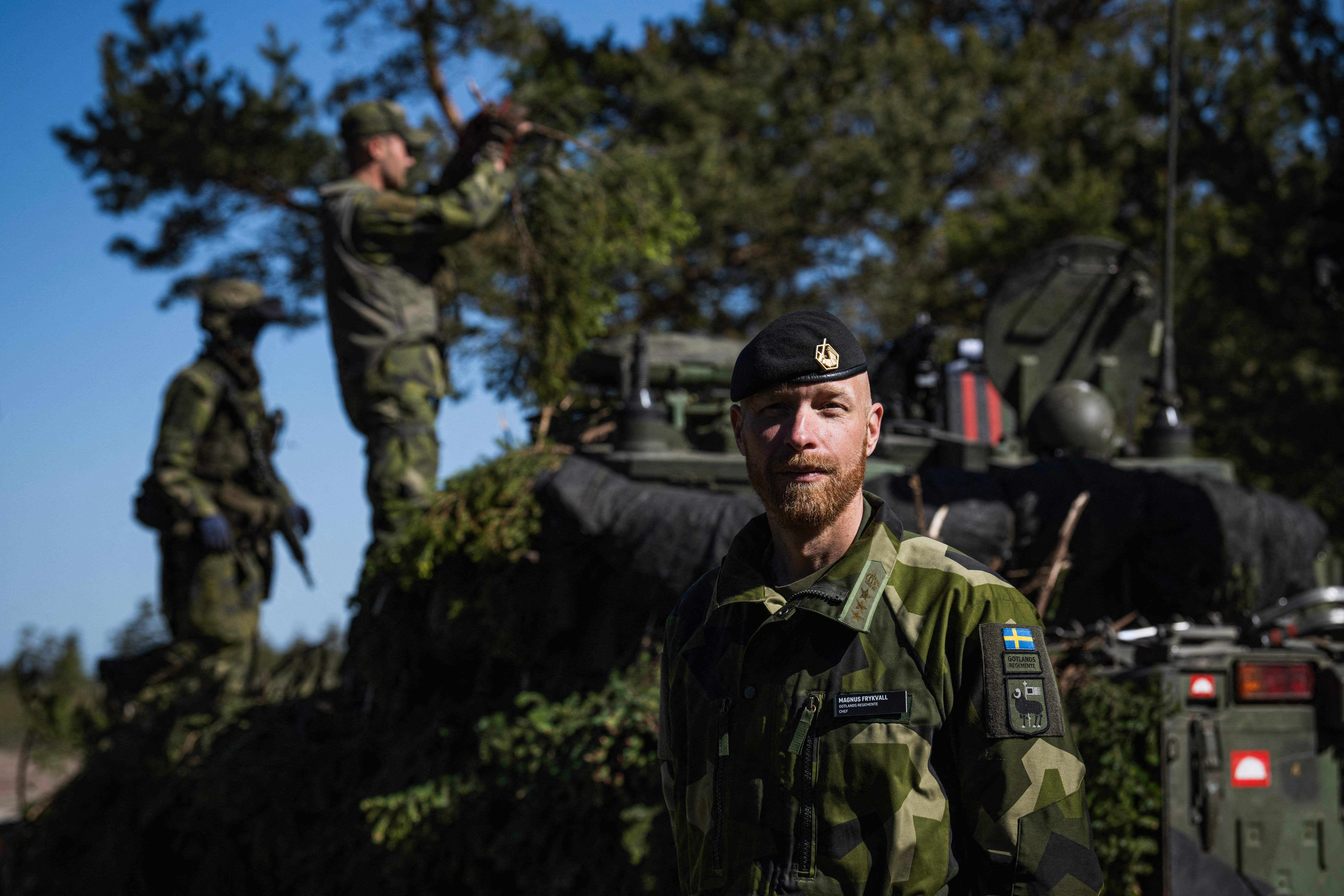
When Emmy Vilander turned 18 she, like everyone her age in Sweden, was sent an official email by the Swedish government. It asked her whether she’d consider conscription into the country’s military under Sweden’s “total defence” service and asked her how fit she was, if she had any health issues and what her motivation would be.
“I thought it might be a good thing [to do],” recalls Vilander – and so she duly filled in the form. Not long after that, she found herself in Sweden’s far north learning how to strip down a rifle, shoot a gun and build a shelter (as well as the “basic stuff like how to keep a tidy locker and how to make your bed”.) By the end of her 10-month military service, Vilander could also drive a tank in a variety of terrains. “You learn a lot about yourself – that you can do more than you think you can do,” she tells me. “I thought it was going to be so hard – and it was – but it was also fun.”
Vilander is now 21 and studying political science at university in her native Stockholm. But she could be called up any time to serve her country. As could anyone in Sweden aged between 16 and 70. Sweden, which is now preparing to join Nato, implemented its total defence strategy in 2017, which means everyone’s details are kept on file for service from their 18th birthday and anyone can be called up at any time if they are needed.
That doesn’t mean all have to serve in the military – people can also enrol in civilian service, for example in the emergency services. However, should the country find itself in a state of heightened alert, people up to the age of 70 may be called upon in some form, if only to assist with necessary societal tasks, like water transport, childcare or food preparation. “During a state of heightened alert, all of society must work together to ensure essential functions,” states official Swedish guidance. If your military service is asked for, you must report for duty immediately.
It has now been revealed that Rishi Sunak is considering military service for all 18 year olds - with them having the choice of joining the military full-time for 12 months, or volunteering one weekend every month carrying out a community service. The Conservative pary is proposing a Royal Commission to consider the details but would plan for the first teenagers to take part in September 2025.
Similarly, military planners in Germany are discussing three potential plans for preparedness for war, two of which also involve a compulsory military year for all men once they turn 18. It is understood that officials are in the final stages of discussions with German defence minister Boris Pistorius expected to go public with official plans soon, The Sunday Telegraph reported.
The Conservative party’s proposals come after comments made last year by the head of the army, General Sir Patrick Sanders. “As the pre-war generation, we must similarly prepare,” said Gen Sanders. “That is a whole-of-nation undertaking.” And, in words that have sent flurries of anxiety up and down the land, he also referred to the need for an army “designed to expand rapidly… to train and equip the citizen army that must follow”. But what would a citizen army entail? Would we all be called up to fight? Would our daughters, our sons?
I must admit, I’m not totally immune to the kerfuffle. I have three sons. They’re all too young to don uniforms at the moment, but it’s scary to think they could be made to once they come of age. My generation of millennials have grown complacent about the prospect of war in this country in the past couple of decades. But having such a long period of peace is the anomaly, not the norm. And while we may not officially be engaged in conflict at the moment, we would do well to remember that since 1945, there have only been two years – 1968 and 2016 – where a British soldier, sailor or airman has not died as a result of military operations.
Since Russia invaded Ukraine over two years ago – and arguably since it annexed Crimea in 2014 – the threat has been pulled into sharp focus. As Gen Sanders explained: “Ukraine really matters. It is the principal pressure point on a fragile world order that our enemies wish to dismantle.” The shadowy, but enormous influence of China and Iran makes it feel like the battlelines are indeed being drawn – and it is not overstating the situation to say that we are, indeed, a pre-war generation, living in a pre-war world.
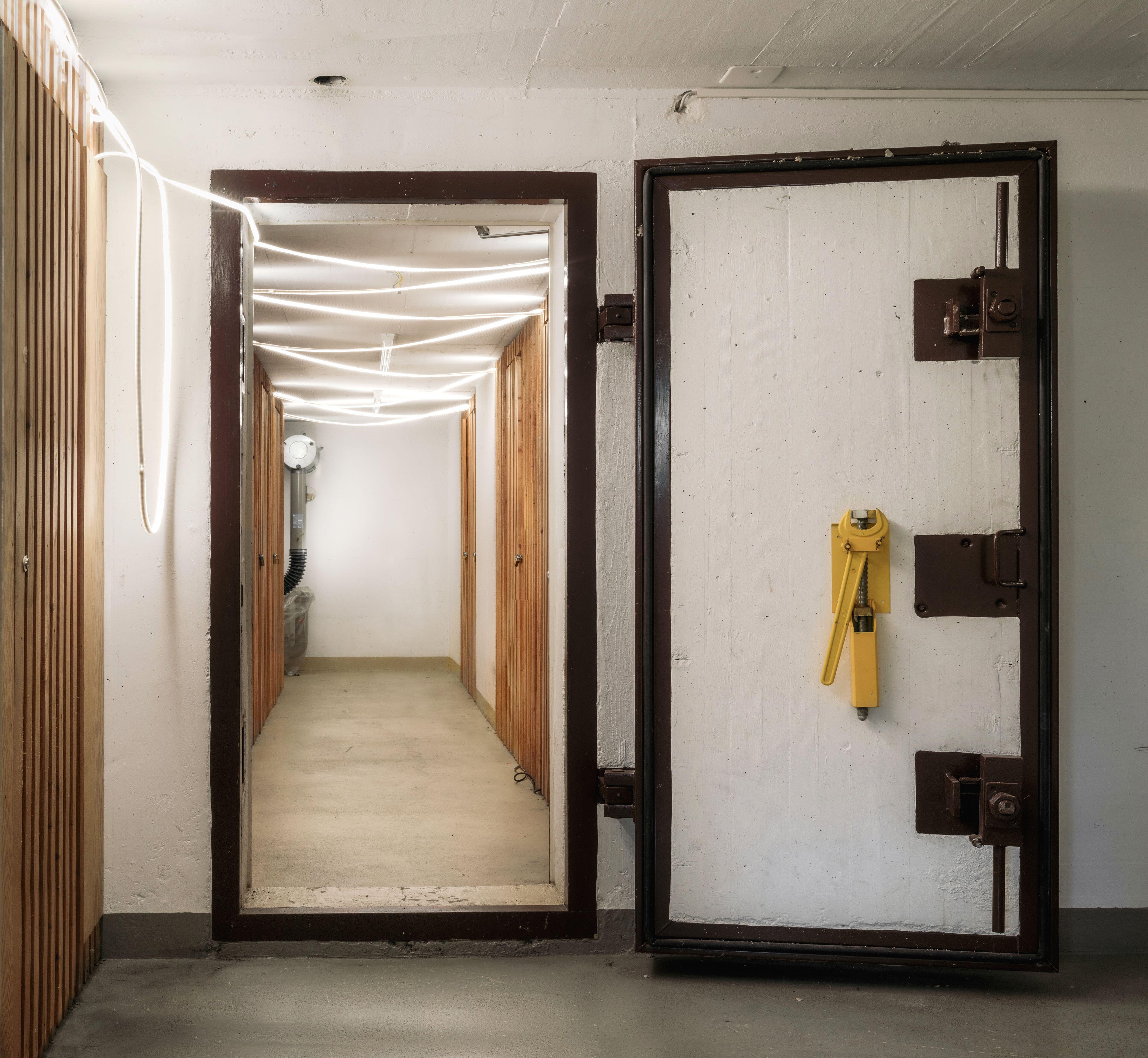
Other nations, particularly our European neighbours, appear to be much more alive to this fact, and are readying themselves accordingly. Norway and Finland have even more stringent rules when it comes to national service. In 2013, the Norwegian parliament voted to extend conscription to include women, making it the first Nato member and the first European country to introduce compulsory military service for both sexes.
Finland, which joined Nato last year, has always been alert to the threat posed by its neighbour Russia, and every male Finnish citizen between 18 and 60 is required to do military service (although there is also an option to perform non-military service). After this, they become a part of the Finnish Defence Forces Reserve, which, at 870,000 is now one of the largest in the world. It’s the same in Denmark, Estonia, Switzerland and Austria, all of which mandate military service for men – although in Austria it’s army or airforce only: the landlocked country does not have a navy.
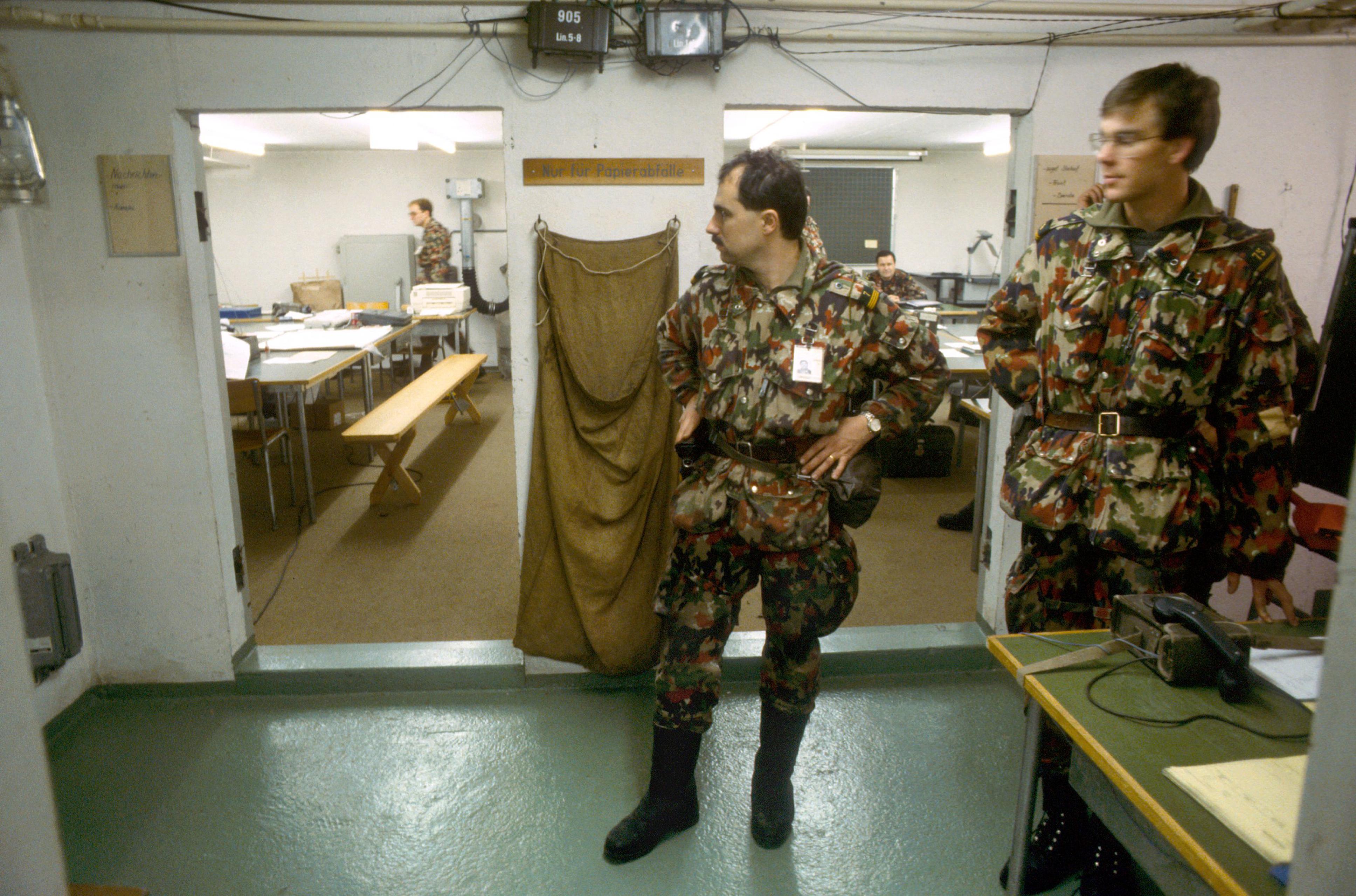
It’s telling, too, that in those countries that have held votes on whether to retain the draft, the answer has generally been a yes: Switzerland voted 73 per cent in favour of conscription in 2013, and Austria’s referendum in the same year resulted in a 59.8 per cent vote in favour. Support for Finnish mandatory military service stands at a record high of 82 per cent. “The leadership lessons, the sense of responsibility and the skills needed to act in a wartime setting endure,” wrote Finnish engineer Antti Ruokonen last year in an article reflecting on his military service. “Finns retain working knowledge of what it means to be a small but valuable cog in a large machine. All of this fortifies… the high will to defend one’s country.”
It’s not quite the same story here in Britain. A YouGov poll last September asked what sort of national service – if any – Britons would support; the results were lacklustre, to say the least. No compulsory scheme received overall public support; the most popular was a one-month, community-only scheme, but even that proposal only got 45 per cent support. Support for any kind of national service was lowest among 18-24-year-olds – the age group that would have to do it. A recent opinion poll conducted for GB News found that only 14 per cent of Brits would willingly fight for the UK if conscripted, and Generation Z were the most likely to say they would do anything in their power to actively avoid it.

Perhaps it’s not surprising that the army already faces a recruitment crisis. Recent figures show that rates have been below target every year for more than a decade: recruiters signed up 5,560 regular soldiers last year, well below their target of 8,200, and the outsourcing contractor Capita had admitted it will likely miss this year’s target by a third. Britain might be the sixth largest spender on defence in the world (the figure currently stands at £45.9bn), but its army is right now at its smallest size since the 1850s, comprising just 75,983 regular full-time personnel; it has halved in size over the last 30 years.
So should we be forcing people to sign up to swell those numbers? And if so, to do what, exactly?
The general consensus among military types seems to be “no”. “Armies are not easy to create,” says Major General Chip Chapman, a former paratrooper and senior British military adviser. “You need motivated people who will join because they see it as vital for the UK’s interest. The worst thing you could have is people being coerced to join – they’ll end up demotivated, and you’ll spend more time on them than the ones who actually want to do things.” Alfie Usher, a former paratrooper who runs the @MilitaryBanter Twitter/X account, laughs at the idea. “We’d end up using the current entire army as a training team for it to grow – and we’re already undermanned and overcommitted.”
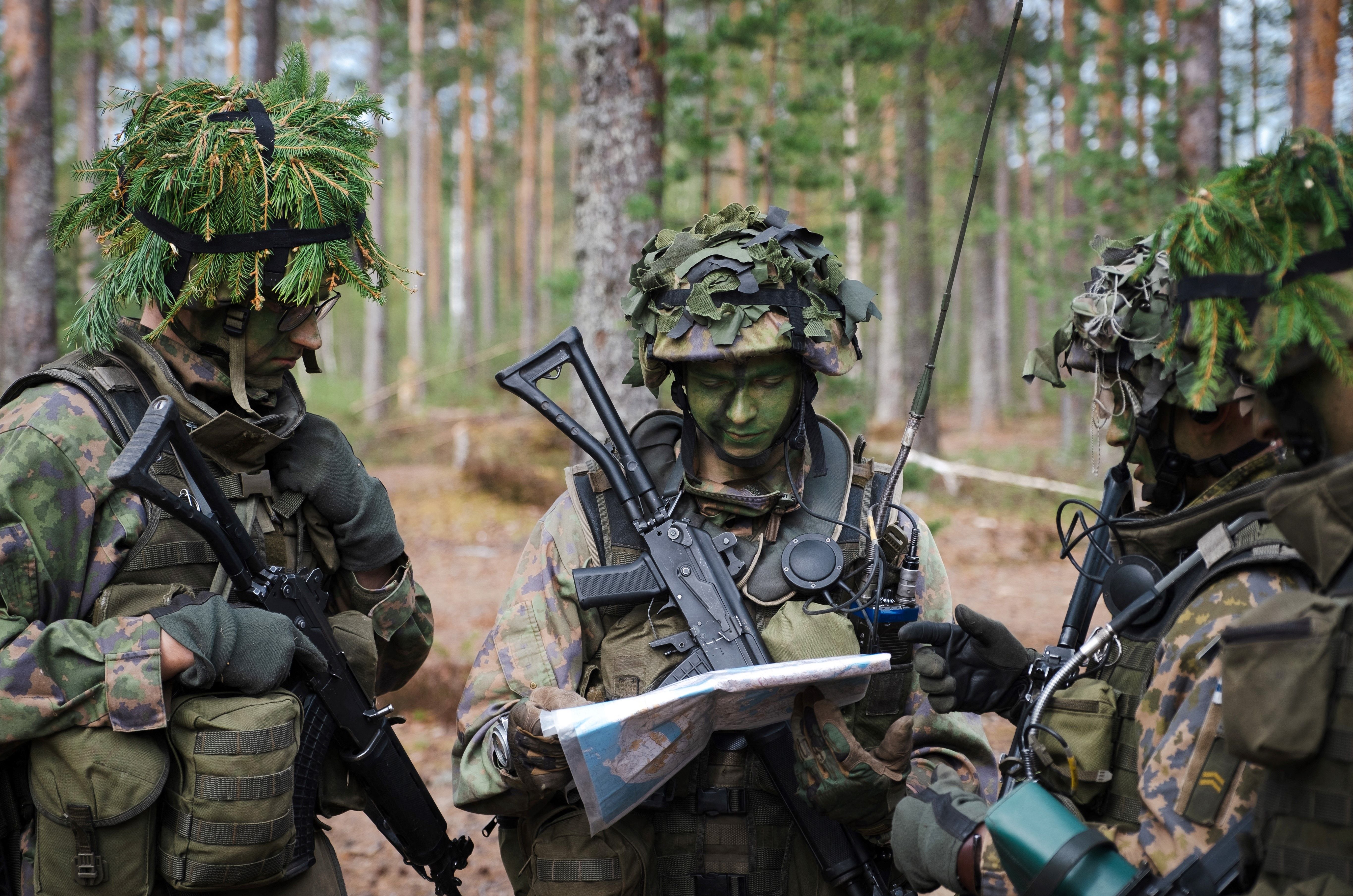
This is not a problem Sweden, Finland and other Eastern European countries appear to have; young people there, even if they don’t want to pick up a gun, seem generally more motivated to want to do something for the greater good of their country. In Britain, by contrast, whether it’s lingering post-colonial guilt, the rise of hyper-individualism or the fact that we basically lost the last two – long and unpopular – major conflicts we fought in Afghanistan and Iraq, when it comes to signing up for king and country, we have an “unwilling society”, says Chapman.
“I personally believe that if Gen Z knew what their vital interests really were – that, for example, the Russians could pound to bits the subsurface gas, energy and internet cables that power the digital economy in the life of every TikToker – they’d probably want to take some action”, he says.
There are also the limitations of what you’d do with the troops if you had them. “It’s not the raw figure which is really the issue, it’s what capability you have,” Chapman points out. Whether that’s a permanent fighting force or an army of reservists on standby, you need the right kit for them to use, and for them to be well-trained and ready for action. “You can have all the high tech expensive equipment you want, but it’s no use if it’s not manned by well-motivated, well-trained people organised into units,” points out Ben Barry, former army officer and senior fellow for land warfare at the International Institute for Strategic Studies (IISS).
He cites Israel, which has a relatively small standing army but a large number of reservists thanks to its compulsory military service, as a good example. “They can mobilise hundreds of thousands of reserves very quickly – we saw it on 7 October. But they hold all the necessary equipment.” Britain, to put it bluntly, does not.
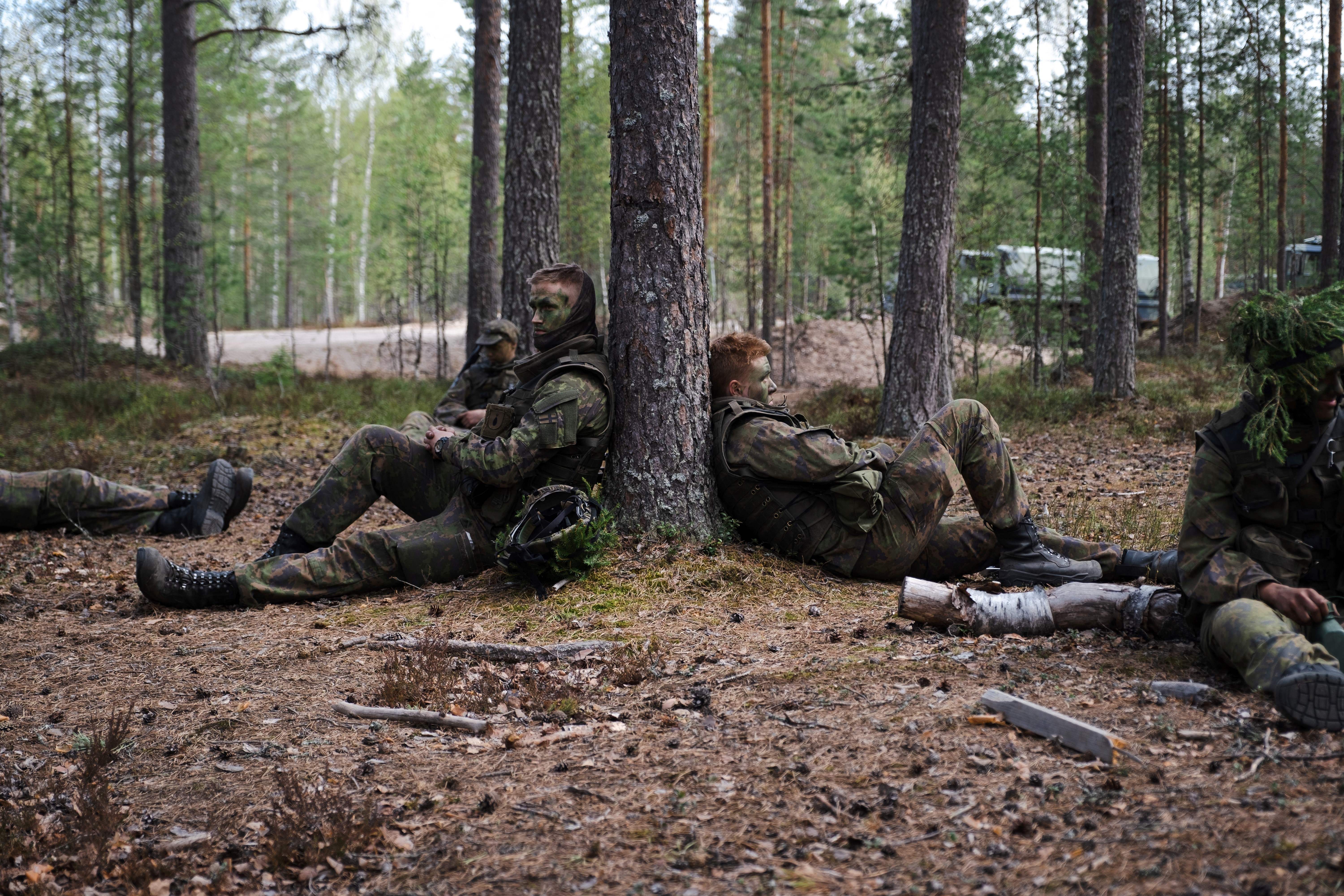
But it’s not just about military force either. As one unnamed senior army officer puts it, wryly, “this is not the army’s problem to solve”. “The lesson of Ukraine, and other recent wars, is that war isn’t just a military effort, it has to be a whole country effort,” says Barry. Preparing people for how to deal with emergencies should be part of the education system, he says. “Why isn’t first aid a compulsory part of the national curriculum? And, given the degree of cyber threat to our ever-more digital way of life, why isn’t cyber security?”
And if we are in our pre-war era, there are other things the country could be doing to increase our preparedness. Denmark and Sweden both maintain a siren warning system, which are tested regularly each year. Sweden’s outdoor signal horn is popularly known as “Hesa Fredrik” (Hoarse Fredrik) and is tested four times a year, on the first Monday that is not a public holiday in March, June, September and December. If citizens hear the siren outside of those times, they will know it is not a test.
In Switzerland, all housing is required to have its own nuclear shelter – it is one of the only countries in Europe to have enough bunkers to shelter its population from a nuclear blast. Finland has 50,500 civil defence shelters, capable of housing 4.8 million people, and in 2022 after the Ukraine invasion, there was a run on iodine pills after the government recommended households stockpile doses.
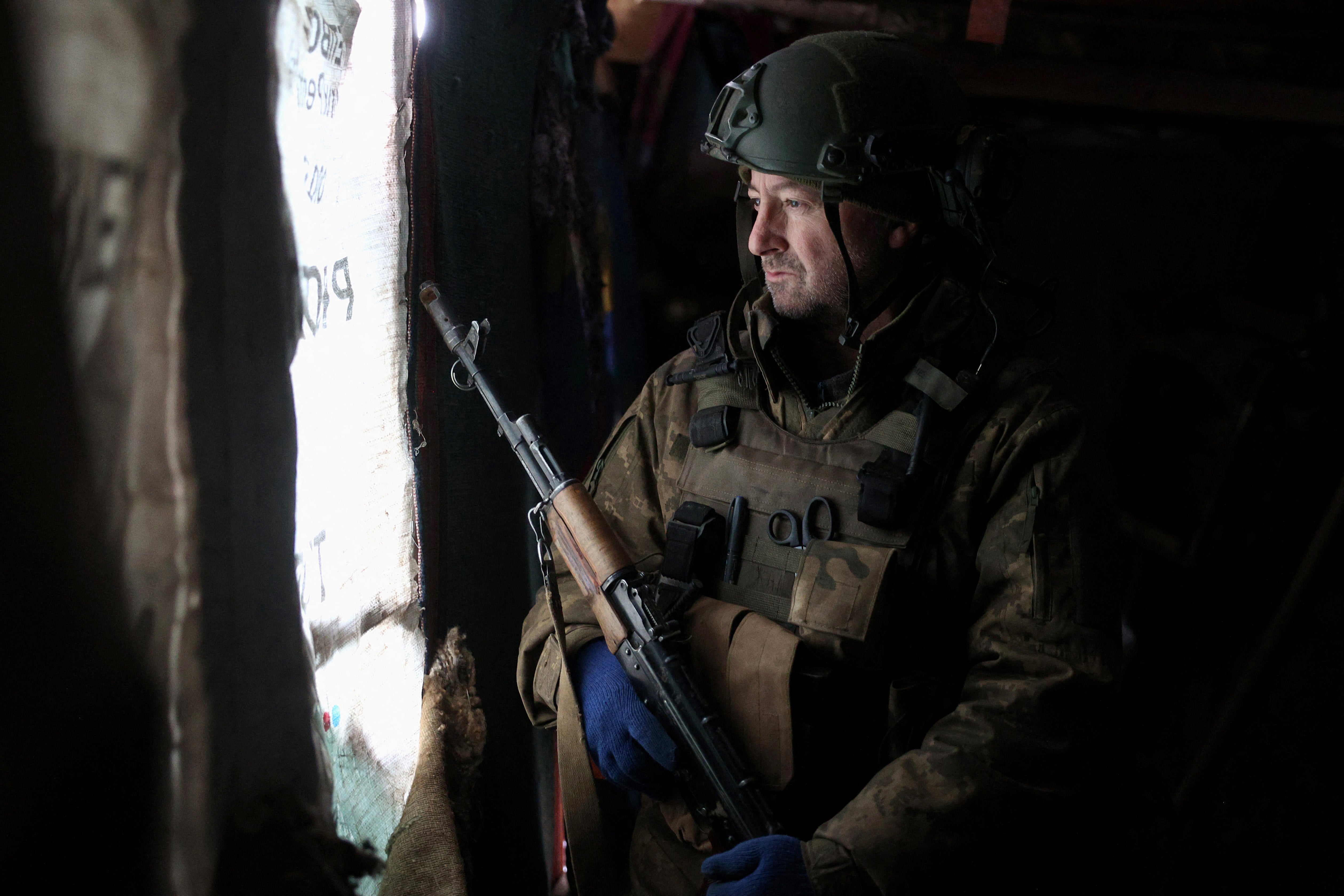
You don’t have to be a prepper to be mildly alarmed that, by contrast, the UK has just 258 communal shelters, and there hasn’t been serious talk of iodine pills for a good couple of decades. The closest we’ve got is the somewhat underwhelming suggestion by Oliver Dowden, the deputy prime minister, this week that Brits should stock up on torches, candles and battery-powered radios in the event of a digital blackout.
So are we in trouble? Might that citizen army that Gen Sanders referred to have to be mobilised by force after all? And – given the nature of warfare today – does it really matter if you can’t shoot a gun or drive a tank if you can fly a drone, or hack into an adversary’s cyber system? Surely these are the skills the conflicts of the future require – and the ones that Gen Z, if all accounts are to be believed – could be perfectly placed for.
Don’t be so sure, says Chapman. “Cyber and info ops are important, but if the enemy shows up in a tank, you’ve got to have a tank,” he says. Or at least, perhaps, know how to drive one. Something that Emmy Vilander, at least, knows how to do. Perhaps we Brits should be following her example.




Join our commenting forum
Join thought-provoking conversations, follow other Independent readers and see their replies
0Comments